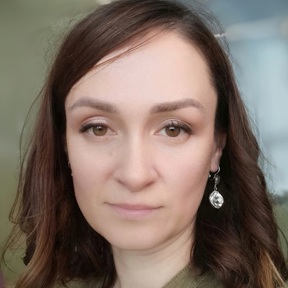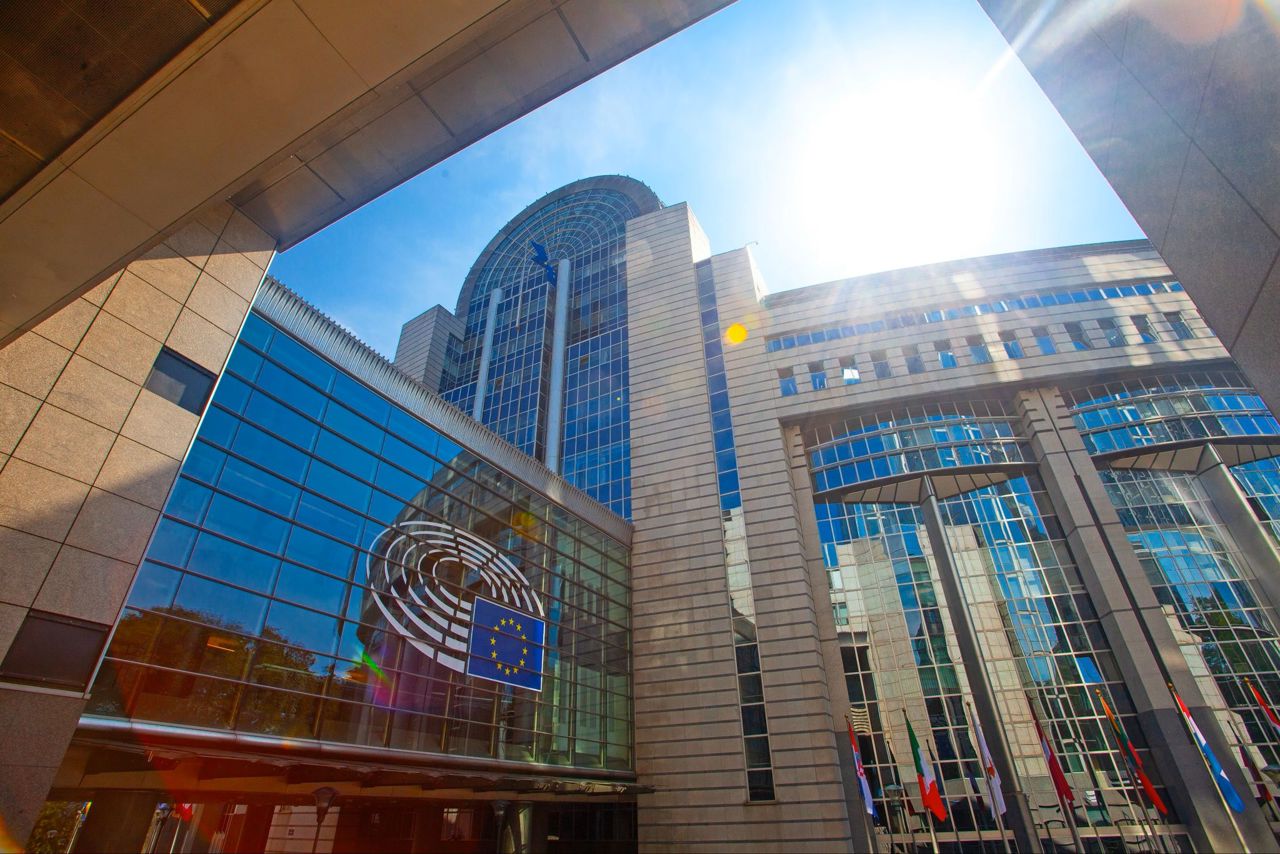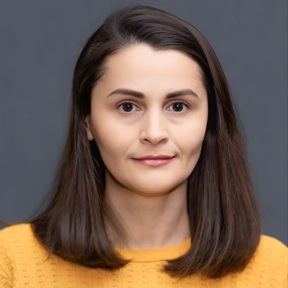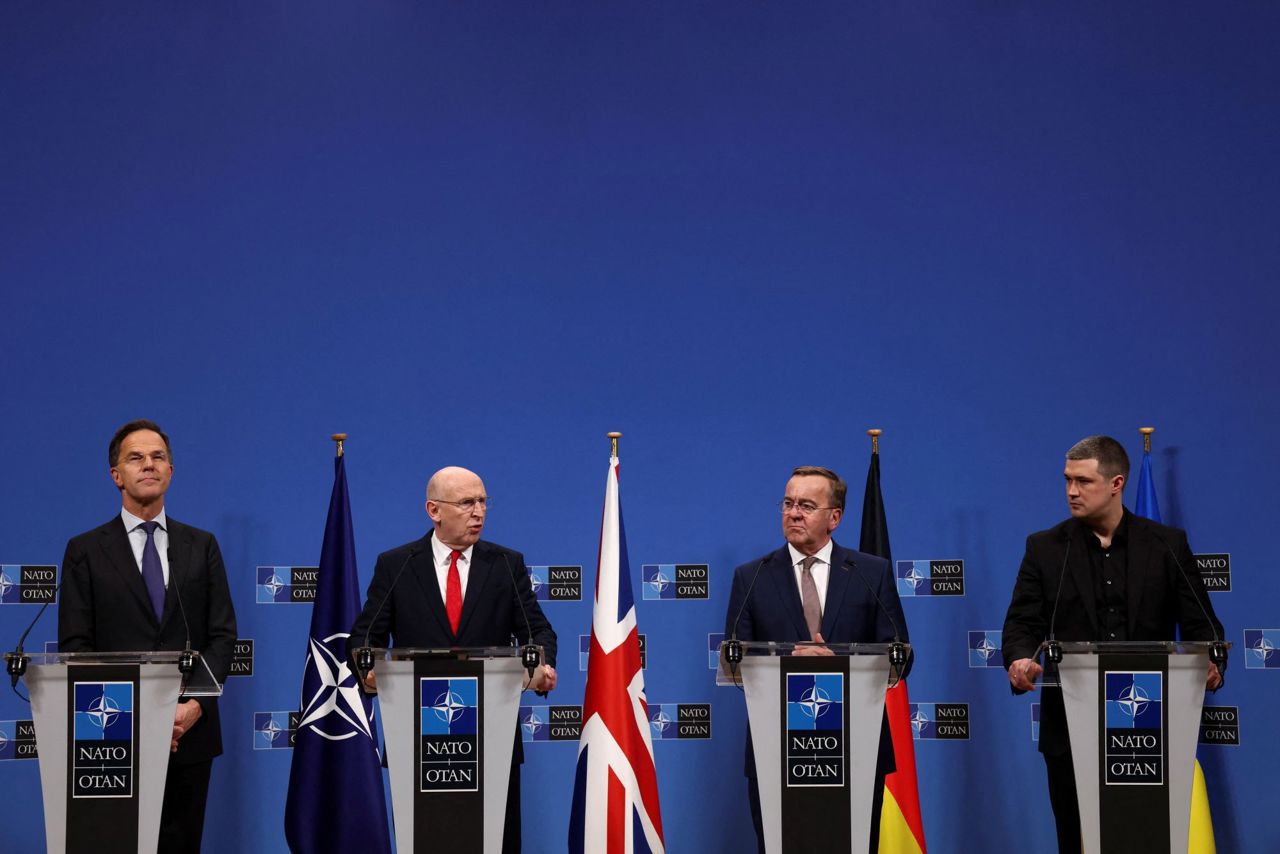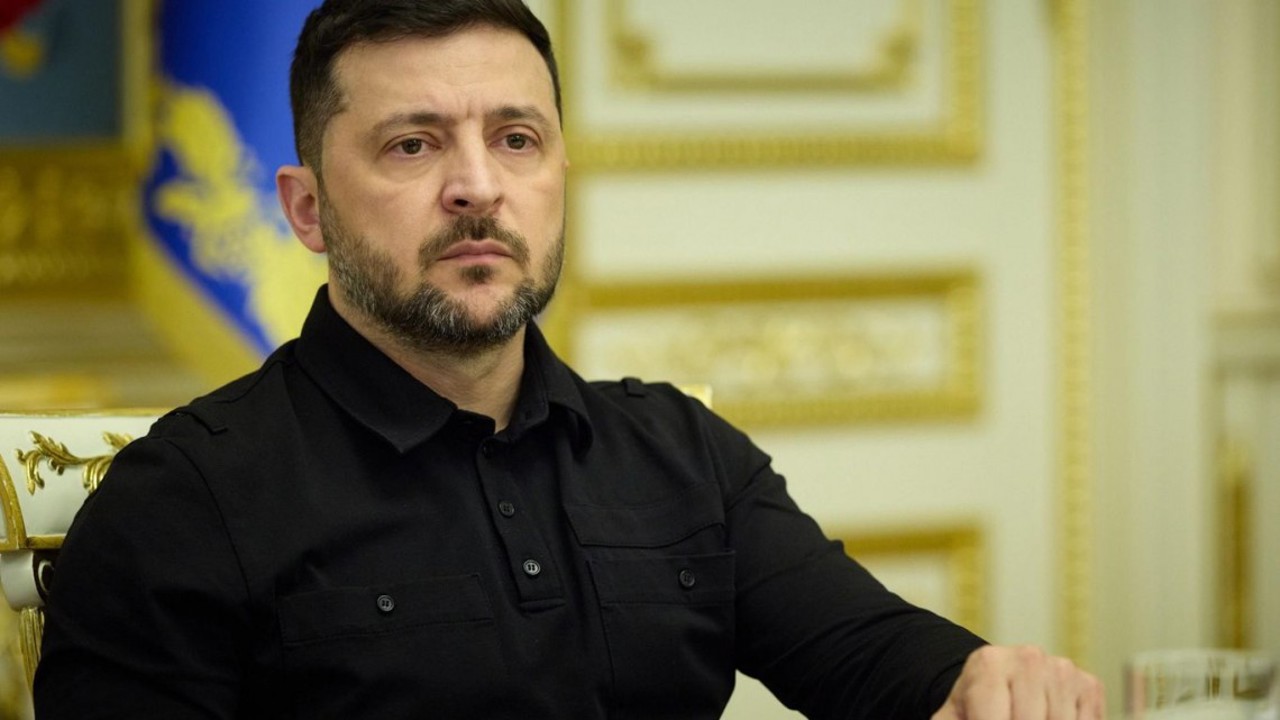Press Review // Georgia’s elections raise concerns over democracy and fairness
The international press describes the stakes of the parliamentary elections in Georgia, where pro-European parties accuse the government of falsifying the electoral results. Foreign publications also focus on the parliamentary elections in Bulgaria, which took place for the seventh time in the last three years. NATO's reactions to the presence of North Korean troops in Russia is another topic addressed by the foreign media.
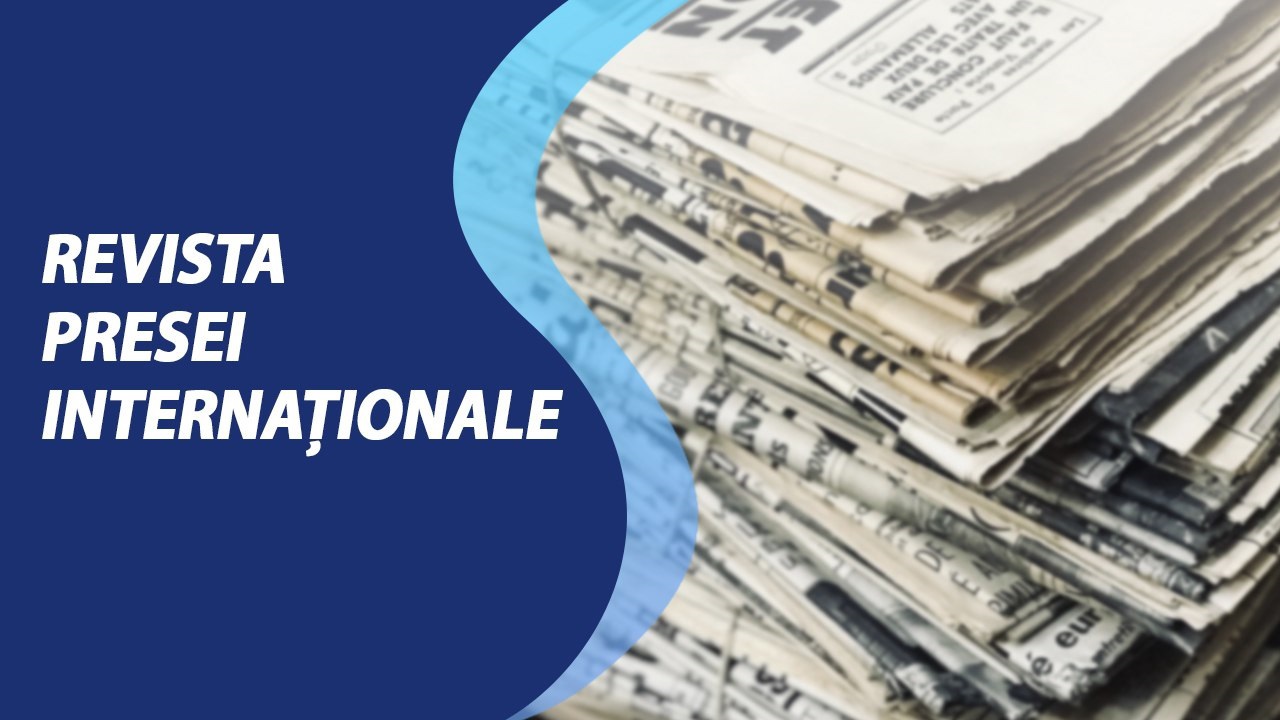
The BBC notes that after nearly 20 years of efforts to get closer to the EU and the West, Georgia has reached another political crossroads. The parliamentary elections on Saturday were won by the ruling pro-Russian party, Georgian Dream, despite the fact that the vast majority of the population advocates for their country’s integration into the European Union, the British press service reports. According to analysts interviewed by the BBC, the ruling party won partly due to the divergences among pro-Western opposition parties, which failed to agree on participating in the elections under a single electoral list. “When the opposition refused to unite under a single number, they effectively refused to make these elections a referendum for or against the country’s European future. As a result, they lost some votes—particularly among that segment of Georgian society that would not want to affiliate with any particular party,” comments analyst Georgy Badridze.
Georgia’s President Salome Zourabichvili refused to recognize the outcome of the parliamentary elections on Sunday, claiming the vote was “completely manipulated,” according to the Georgian publication Agenda. “These elections cannot be recognized because it would mean acknowledging Georgia’s subordination to Russia. We will not tolerate this. No one can take away Georgia's European future,” Zourabichvili stated. According to the leader in Tbilisi, “elections were organised in a Russian style.” Zourabichvili, together with opposition party leaders, urged citizens to join a protest on Monday evening on Rustaveli Boulevard in the capital Tbilisi to “together tell the world that we do not recognize these elections.”
A day after the parliamentary elections in Georgia, in which the Central Electoral Commission declared the ruling party Georgian Dream the winner, senior European parliamentarians issued a joint statement with their Canadian counterparts, reports Civil. The statement indicates that “the elections were neither free nor fair” and that “the European Union cannot recognize the result.” The parliamentarians emphasise that “these elections were about Europe or isolation, democracy or authoritarianism, freedom or Russification.” European officials note that the ruling party’s policies are “simply incompatible” with the EU. “The insidious campaign based on fear of a ‘global war,’ which paints Georgia as a second Ukraine, has fallen on fertile ground. There is only one ‘global war party,’ and its name is Russia,” the statement says. The statement expresses that disappointments are massive, but despite this, the parliamentarians stress: “We must not abandon the pro-European parts of society.” In particular, they reject penalising the nation as a whole through measures such as revoking the visa liberalisation regime with Georgia.
Experts quoted by Euractiv emphasise that despite the disappointing electoral result for pro-Western forces, it is essential for the EU to keep Georgia's European aspirations alive, given that polls show that over 85% of the country's citizens support joining the community bloc. The publication notes that the European Commission is expected to present its so-called enlargement package this week. However, many citizens interviewed by Euractiv in Tbilisi are concerned that the voting outcome and political uncertainty following the elections will derail the country’s pro-Western course.
The Wall Street Journal writes that Georgia, which has long had aspirations to join NATO, has become a battleground in the strategic competition between the West and Russia. Moscow is vying for influence in a region it considers its backyard, the publication comments. The ruling party in Georgia has centred the electoral debates around the Russo-Ukrainian war, presenting it as a choice between war and peace. In other words, they frightened voters into believing the country would go to war if they voted for pro-European parties—a scare tactic also employed by pro-Russian political forces in Moldova, which nearly compromised the pro-European vote in the recent constitutional referendum on joining the community bloc, observes The Wall Street Journal. According to the American publication, the main hybrid weapons used by Moscow to keep former Soviet states under its influence are disinformation campaigns, cyberattacks, and hidden funding of pro-Kremlin political parties, including media institutions.
Moscow has also closely monitored the legislative elections held in Bulgaria on Sunday, comments Politico. The publication reminds that citizens of Bulgaria participated in parliamentary elections for the seventh time in the last three years due to a political crisis caused by misunderstandings among parliamentary parties that failed to form a stable governing coalition. Amid pronounced electoral apathy, the main contest is between a Kremlin-favoured party and two pro-European parties, Politico notes. The publication references exit poll data indicating that the conservative GERB party of former Prime Minister Boyko Borissov receives 26% of the votes, followed by the liberals with 15% and the pro-Russian party Revival with 13% of the ballots.
AFP notes that the main political disputes between the GERB party and the Liberal party, which received the most votes, are related to corruption issues. GERB leader Boyko Borisov is reportedly willing to negotiate the formation of a coalition with the pro-Russian Revival party, but “his partners in Brussels and Washington would not allow” such a scenario, analysts interviewed by the same news agency comment. Under these circumstances, forming a stable new government remains a challenge, AFP concludes.
Unian reports that today, NATO Secretary General Mark Rutte will make an official statement regarding the deployment of North Korean troops in Russia and their potential involvement in the war in Ukraine. According to NATO's press service, the same issue will be discussed today by a high-level delegation from South Korea at the North Atlantic Council, which also invited ambassadors from NATO partner countries in the Indo-Pacific region, including Australia, Japan, and New Zealand. According to Kyivindependent, Russia planned to send the first North Korean soldiers to the battlefield even in these days.
Euronews reports that tens of thousands of protesters marched over the weekend in Italian cities, calling for peace in Gaza and Ukraine. About 10,000 people marched through the centre of Rome, waving a giant peace flag in front of the Colosseum. Other rallies took place in Turin, Milan, Florence, Bari, Palermo, and Cagliari, with the support of hundreds of groups calling for peace, the pan-European television channel reports. The marches occurred against the backdrop of escalating tensions in the Middle East, after Israel launched airstrikes on military targets in Iran on Saturday morning in response to ballistic missile strikes from Tehran on October 1, Euronews clarifies.
Translation by Iurie Tataru
